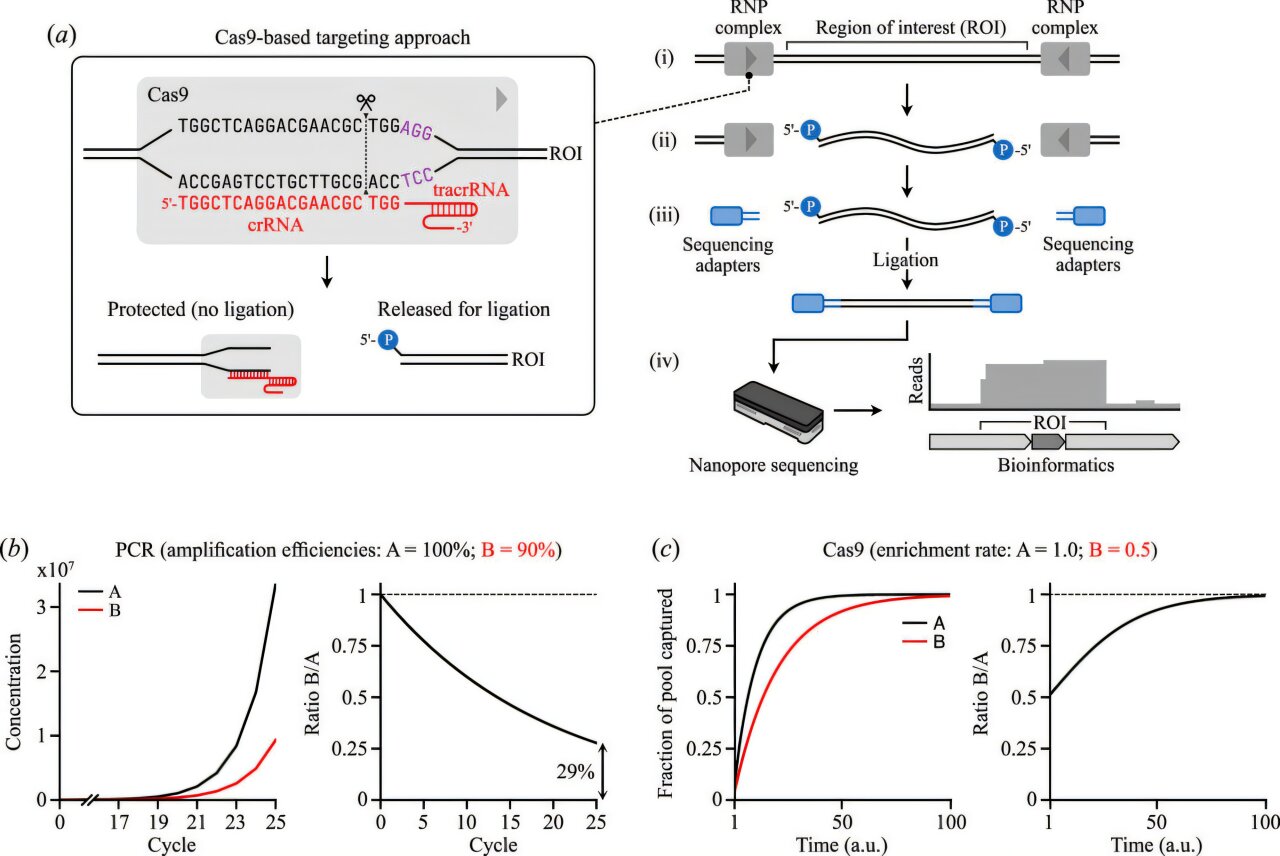CRISPR Breakthrough: Hunting the Invisible Microbes That Could Change Science Forever

Groundbreaking Scientific Breakthrough: Gene-Editing Tool Unveils Hidden Environmental Biodiversity
Researchers at the University of Bristol have revolutionized our understanding of natural ecosystems by ingeniously repurposing a cutting-edge gene-editing technique. This innovative approach promises to dramatically enhance scientists' ability to explore and map the intricate web of life hidden within complex environmental landscapes.
The pioneering study represents a significant leap forward in ecological research, offering researchers an unprecedented window into the rich and diverse microbial communities that exist in natural environments. By creatively adapting gene-editing technologies traditionally used in laboratory settings, the team has developed a powerful new method for detecting and analyzing previously unidentified species.
This transformative research not only expands our knowledge of biodiversity but also provides scientists with a sophisticated tool to better understand the complex interactions and hidden dynamics of natural ecosystems. The breakthrough could have far-reaching implications for conservation efforts, environmental monitoring, and our broader comprehension of life's incredible diversity.
As our understanding of genetic technologies continues to evolve, studies like this demonstrate the remarkable potential of interdisciplinary scientific approaches in unraveling the mysteries of the natural world.
